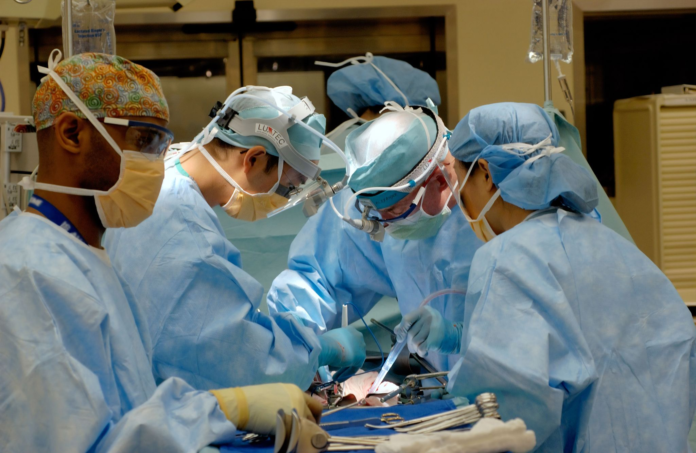Surgery may be the most significant and demanding phase in any treatment plan, but it is not the only one that bears significant weight and unique hazards. Orthopedic surgery rehabilitation often entails several crucial actions and procedures affecting your long-term health and mobility.
Dr. David Slattery in Melbourne is the hip replacement if you’re in a lot of discomfort in your hip. With this frequent procedure, your hip bones are replaced with artificial ones, allowing you to move more freely and painlessly. There are several guidelines to keep you safe and rehabilitate after a hip replacement.
What Is Hip Arthroplasty (Hip Replacement)?
The hip (or a portion) is replaced with an artificial implant (prosthesis). It is often used on individuals who have failed to respond to previous therapies, such as using a cane or walker, losing weight, taking medications, and doing physical therapy. For example, you could require a hip replacement if you have the following:
- Inflammation in the joints (rheumatoid arthritis, psoriatic arthritis).
- Syndrome of femoroacetabular impingement.
- Injuries from falls, such as hip fractures or dislocations.
Your healthcare professional might advise postponing a hip replacement until significant symptoms are evident due to the risks associated with all surgeries and the potential for prostheses to fail over time.
How Long Does Recovery From Surgery Take?
The outcome of a hip replacement procedure and the recuperation time depend on several factors. These include your overall health, way of life, and the strength of your bones and muscles. The recovery process also requires dedication to a rehabilitation program because your efforts in this area will decide how well your hip joint improves.
You’ll work out for 20 to 30 minutes twice or three times a day to stretch and strengthen the muscles that surround your hip joint. You’ll gradually regain motion and strength as you walk, bend, and climb stairs again.
How Long Will I Be Hospitalised For?
After surgery, you can stay in the hospital for up to two days. After that, you might need to visit a rehabilitation facility before being released from the hospital and sent home if it is risky for you to return there immediately. Dr. David Slattery in Melbourne advises you on the optimal recuperation strategy. Three factors will determine how long that person spends in the hospital:
- If your pain is under control: If your pain is intolerable, you won’t go home.
- You will only return home if it appears that you can do so securely.
- How stable your health is: If, for instance, your blood pressure is too high, you won’t be allowed to return home.
What Advantages Come With A Hip Replacement?
Pain relief is the most significant advantage and primary justification for hip replacement surgery. Other advantages of the technique include the following:
- Enhanced motion
- Enhanced strength
- Improved leg and torso coordination.
- Be more comfortable walking, climbing stairs, and leading an active lifestyle.
Conclusion
The hip joint and muscles are incredibly complex as well as sensitive. As a result, the recovery period is a difficult road. As with any new surgical procedure, there is risk involved with a hip replacement, but having the surgery with an expert like Dr. David Slattery in Melbourne and continuing to follow the necessary rehabilitation can be a rewarding affair.




